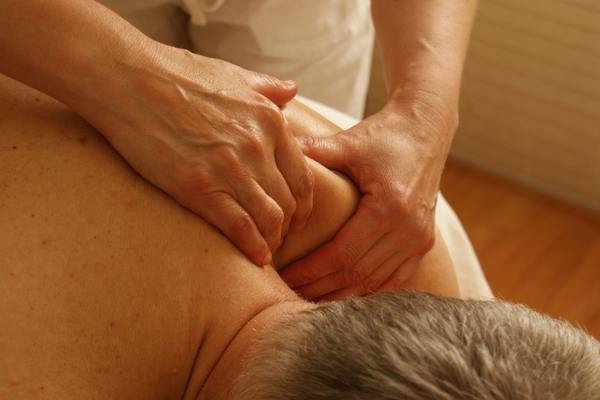Typically, your sleeping position is a “whatever gets you there” kind of scenario. There are lots of common positions people assume as they drop off to sleep, including on their side, stomach, back, or curled up in the fetal position. Some folks lay relatively still all night, and others toss and turn. Sleeping on your left side is the gold standard in slumber positioning, and we’ve got 5 compelling reasons why that is.
1. Relieves Back Pain.
Who among us hasn’t woken up tweaked because we slept in some odd position and caused a strain in the back or neck? (If you never have, we want to know your secret.) If you’re waking up sore more often than not, sleeping on your left side might just help you out.
2. Supports The Lymphatic System.
The lymphatic system is a network of vessels that carry a clear fluid called lymph. This system plays a key role in moving fluid throughout the body, and also in our immune function. Lymph can carry away toxins and other waste products, so a blockage anywhere in the system is associated with poor health.
3. Less Heartburn.
It can be a side effect of eating before bed, as a prone position may allow stomach acid to more easily creep up your esophagus. Interestingly, scientists have found that sleeping on your left side can minimize heartburn while sleeping on the right can cause it to flare up. It may be down to the stomach’s residence on the left side of our bodies.
4. Critical For Pregnant Women.
Pregnant women are circulating blood for two bodies, an intense job that requires a greater blood volume to accomplish. Meanwhile, a growing infant expands the uterus and puts pressure on the spine and other organs. Lying on the left keeps circulation flowing freely and takes the pressure of the baby off of mom’s spine, plus protects the liver from being squeezed too much.
5. Prevents Snoring.
If your spouse snores, or you’re the one aggravating your spouse with room-shaking noise all night, left-sided sleeping could make all the difference in your mutual happiness. Before you get too excited, this won’t cure all causes of snoring. But it does keep your tongue and throat in a more neutral position and leaves the airways clear. In sleep, the mouth, throat, and tongue relax. Back sleeping is the worst for snorers, because those tissues relax backward and may partially obstruct the airway.





